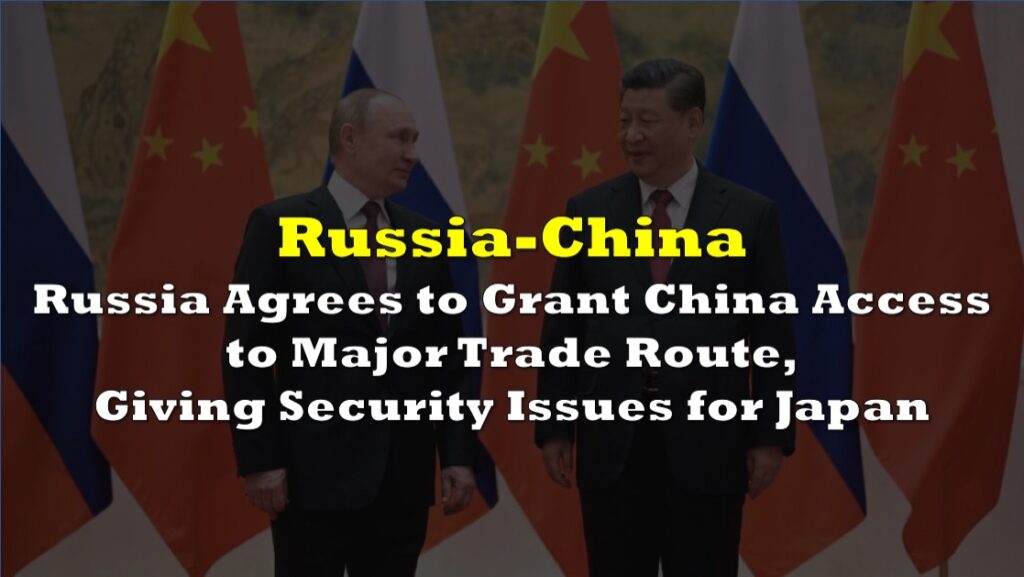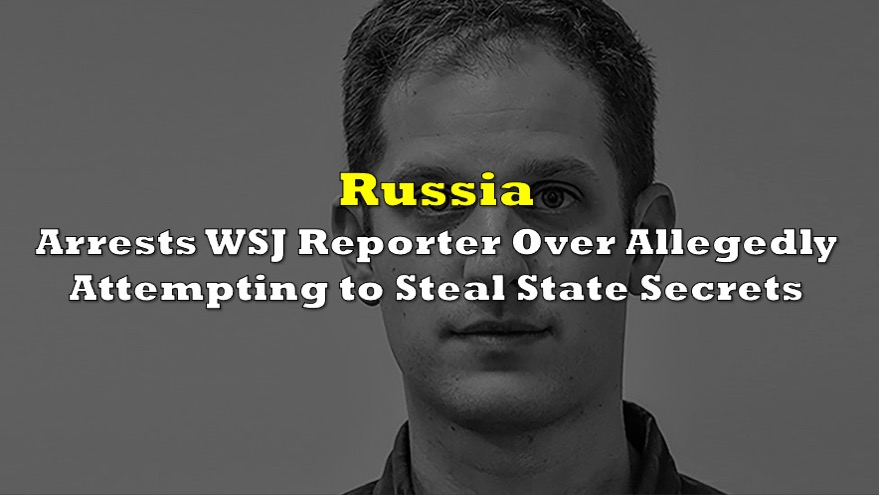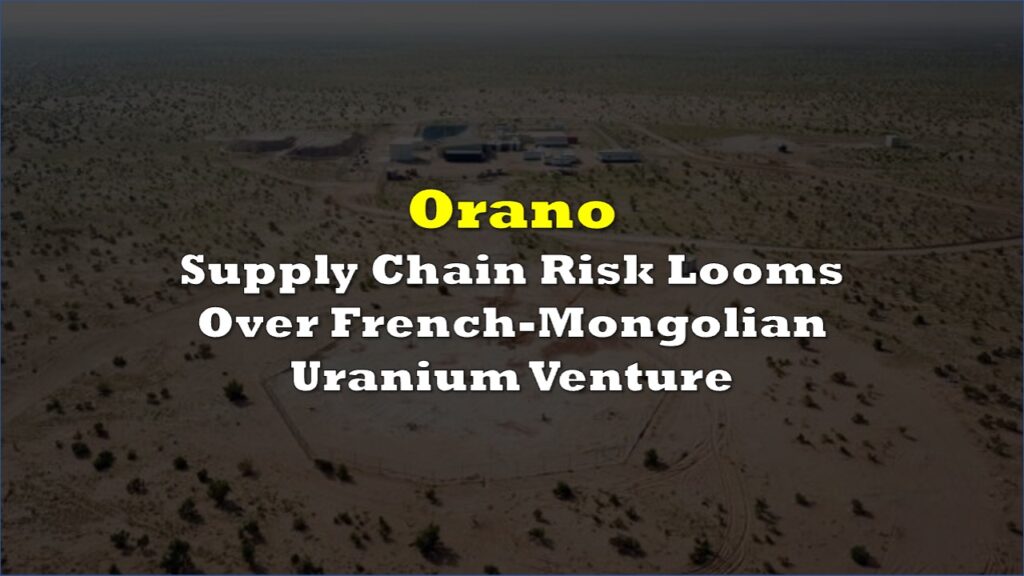On the first anniversary of the 2023 Ohrid deal, Kosovo President Vjosa Osmani has demanded fair treatment for Kosovo and Serbia in the agreement’s implementation plan mediated by the European Union.
The Ohrid deal aims to foster better relations between Kosovo and Serbia, including the establishment of an Association of Serb-Majority Municipalities in Kosovo to protect Serb interests. However, it also stipulates that Serbia must not oppose Kosovo’s membership in international organizations.
Osmani emphasized the need for parity in implementing obligations, accusing Serbia of repeatedly violating the deal. She stated, “I request that there be equal treatment of the parties… Serbia benefits while Kosovo is told to wait a little more, give even more.”
EU High Representative for Foreign Affairs Josep Borrell expressed dissatisfaction with the lack of progress since the deal’s inception. Borrell highlighted the binding nature of the agreement under international law and stressed its importance for European integration and the region’s stability.
Meanwhile, Serbian President Aleksander Vucic has reiterated his opposition to Pristina joining the Council of Europe (CoE). He alleged that the European Commission had misled him, asserting that he would alter his country’s stance on the dialogue.
“I will explain how we were deceived, where and how some so-called friends lied to us, and many others, and this has to do with Kosovo’s membership in the CoE,” the Serbian leader said.
The fallout from the west failing to sufficiently support Ukraine continues.
— Jay in Kyiv (@JayinKyiv) March 18, 2024
24 hours after signing a security agreement with Russia, Serbia's Vucic announces they will invade Kosovo at a time of their choosing.
pic.twitter.com/53zAmWxl0o
Serbia’s Prime Minister Ana Brnabic formally notified the Commission in December that Belgrade would not adhere to the obligations and conditions outlined in the agreements. Among Serbia’s refusals was Kosovo’s membership in any UN organization or any action implying its independence. Brnabic asserted that the agreements were not legally binding and reiterated Serbia’s stance that Kosovo remains a part of Serbia.
The past year has seen various challenges, including incidents such as the alleged kidnapping of three Kosovo police officers by Serbia and what the EU has termed a “terrorist attack” in Banjska on September 24, attributed to Milan Radoicic, former vice president of the Belgrade-backed Kosovo Serb political party Serbian List.
In response to the Banjska attack, calls persist for action from the European Commission. Kosovo claims to have submitted a final report to relevant EU institutions, but the EU’s lead spokesperson for foreign affairs, Peter Stano, stated that no “final official report” has been received.
Despite attempts to clarify the situation by sending inquiries to Stano, there has been no response, prompting concerns over transparency and accountability in the handling of the issue.
The implementation annex agreed upon in Ohrid in March last year outlined steps toward achieving the deal’s objectives. However, little progress has been made beyond endorsing a declaration on missing persons and establishing a joint monitoring committee.
Kosovo’s Prime Minister Albin Kurti has repeatedly urged Vucic to sign the agreement, but his requests have been rejected. Borrell warned that the lack of implementation not only hinders the European integration of both parties but also undermines their credibility as reliable partners.
These developments raise questions about the efficacy of EU mediation between Belgrade and Prishtina. Borrell emphasized the urgent need to break the cycle of crises and tensions, emphasizing that the Ohrid Agreement offers a better future for both Kosovo and Serbia and the broader region.
Information for this briefing was found via Prishtina Insight, Euractiv, and the sources mentioned. The author has no securities or affiliations related to this organization. Not a recommendation to buy or sell. Always do additional research and consult a professional before purchasing a security. The author holds no licenses.









